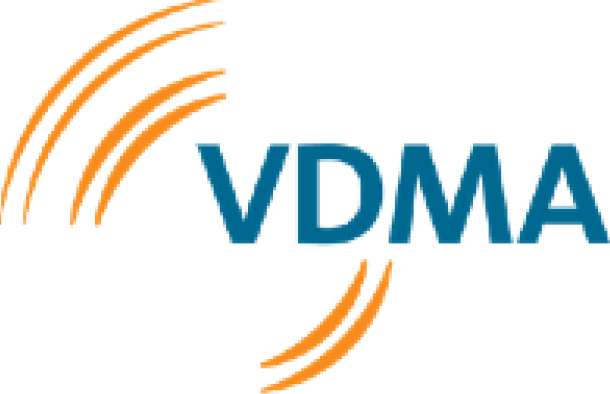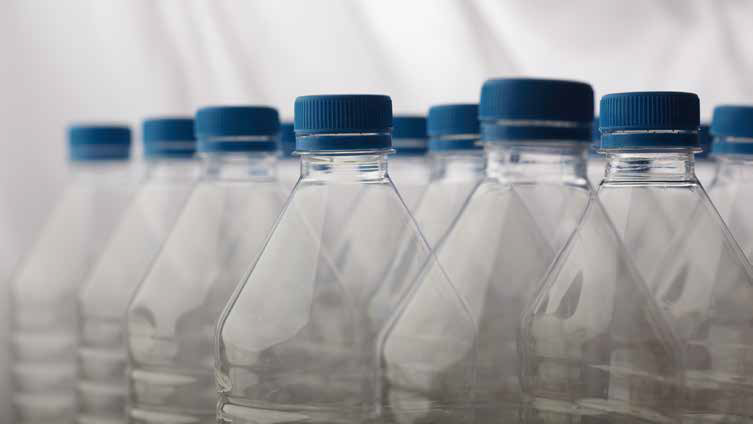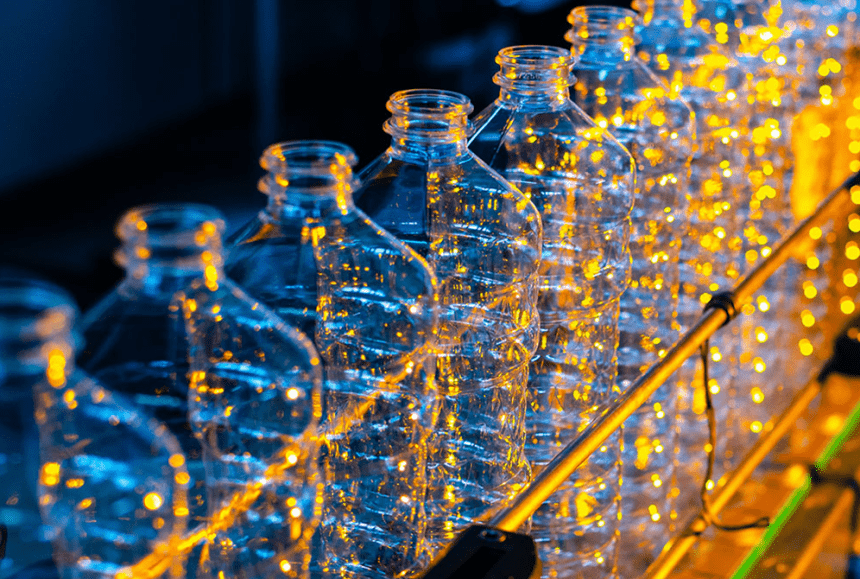By: Mana Honar Pisheh
Thorsten Kühmann is the Managing Director of the Plastics and Rubber Machinery Association and one of VDMA’s (The Mechanical Engineering Industry Association) 36 specialized trade associations.
Thorsten Kühmann, thank you so much for giving Trends this exclusive interview despite your busy schedule. We are very grateful. Your association’s member companies, the manufacturers of machinery and plant to process plastics and rubber are one of the pivots when it comes to criticism on plastics. How do those companies face up to this criticism?
Of course we recognize the problems caused by plastics and dismiss any downplaying. We assume responsibility and take appropriate action. We speak for a moderate handling of plastics materials, nevertheless we oppose a ban of individual products made from polymer materials.
Let’s get into details. Are plastics and products made out of plastics a symbol of our throw-away society?
Natural resources do not go astray if they are recycled, reclaimed and brought into use again. Each and every product made from plastics becomes refuse after a certain period of utilization. After collecting, sorting and conditioning, this refuse can be turned into re-granules and in a next step into a new product. This is called circular economy and is urgently needed for the plastics industry too and it is achievable. However, circular economy must be profitable; currently virgin materials are less expensive than recycled plastics materials.
What is the plastics recycling situation like in Germany and the European Union as a whole?
In Europe, we do have established systems for collecting and reclaiming refuse. Out of the overall post-consumer waste collected in European countries, 73 percent are reclaimed: 31 percent by mechanical recycling, 42 percent by energy recovery and a slight share by chemical processes. The EU Commission has set targets regarding plastics, including the goal that all plastics packages need to be recyclable by 2030.
UK & Iran: Trade Relations and Prospects
As of today are there any examples for closed circuits?
Yes, there are. Let me give you two examples: frames of old discarded windows are collected by a certified collecting system recycled, and new window profiles are then manufactured from the recyclate obtained. Another rather well-known example are bottles made from PET
They are almost completely reclaimed and new bottles for beverages as well as textiles are produced from recycled materials.
Both your examples rely on operative collecting systems. Is that right?
That’s correct. Functioning collecting systems as well as efficient refuse systems are necessary pre-conditions. However, such systems are not available in many countries worldwide. Around 3 billion people, or 40 percent of the world’s current population, have no access to working waste disposal systems and controlled further processing.
Around the world people complain about plastics littering the environment, particularly about the most obvious marine litter. What are your thoughts on this issue?
80 to 90 percent of plastics litter in the the world’s oceans originate from land-based sources; the balance comes from fishery, aquaculture and marine traffic. Out of the overall land-based refuse, 90 percent are transported to the sea by ten rivers in Asia and Africa.
The shores of those rivers are densely populated and the majority of people living there do not have any access to proper waste disposing and utilization systems. We help to empower those countries to set up such systems by supporting respective initiatives.
Among all the waste, refuse from packaging is catching our eyes by its sheer volume. Couldn’t we do without? Are packages made from plastics dispensable?
Every year around 1.3 billion tons of food perish due to improper packaging.
Plastic packaging is indispensable when it comes to food packaging; it protects the product on its way to the consumer and extends the shelf life of perishable foods.
Safe packages guarantee that non-food products are not damaged while being transported and make sure that no resources needed to manufacture these products are wasted. Light packages do not only economize fuel for transports but also save CO2 emissions.
However, we favor plastic packaging that is reasonable, suits its application and will not spoil the environment as a lost resource.
Iran’s Beverage Industry Overview
Finally the most important question: How do you see the future of plastics? Will plastics still play a role 50 years from now?
I am convinced that plastic materials and products made from polymers will continue to play a major role. Plastics are reusable materials and contribute to the protection of natural resources, the saving of energy and climate protection. Plastics support and foster the quality of life. They are part of the solution.
 The Mechanical Engineering Industry Association has its headquarters in Frankfurt am Main, Germany, and represents around 3,200 members, making it the largest industry association in Europe.
The Mechanical Engineering Industry Association has its headquarters in Frankfurt am Main, Germany, and represents around 3,200 members, making it the largest industry association in Europe.






